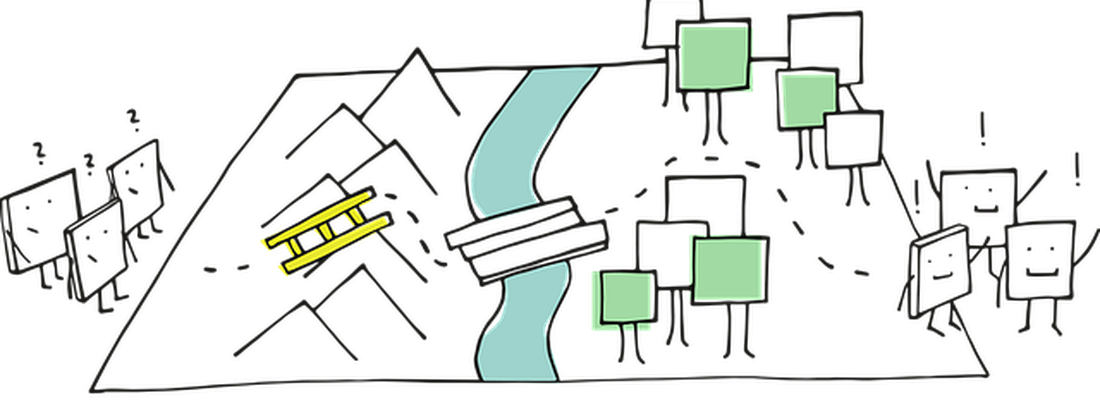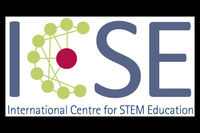
Pedagogical Guidelines and Exemplary Science Materials
The project MOST (Meaningful Open Schooling Connects Schools to Communities) aimed to promote responsible research and innovation by opening up science education with the purpose of creating learning spaces, which are accessible for all citizens to join, and let society learn from, about and with each other. MOST introduced School-Community-Projects (SCPs) and showed how such projects can serve as a purposeful implementation instrument for Open Schooling. An SCP is a cooperation between students and their community: Students and their teachers collaborate with members of the community: Families, science education providers, citizens, businesses, etc. They join to work on an environmentally relevant issue that directly affects their community and develop regionally feasible solution approaches. The acquired knowledge is then to be delivered to the community.
This document contains two parts: Part 1 “Pedagogical guidelines”, and Part 2 “Exemplary science materials”. The main objective of Part 1 is to provide pedagogical materials that can be used as educational basis to run School Community Projects (SCPs). The main target group of this document is SCP leaders in their capacity as pedagogical leaders. The main objective of Part 2 is to showcase that Open Schooling in the MOST project has been implemented successfully through SCPs, and to present a collection of exemplary SCPs from each country. Part 2 is targeted to SCP leaders, and anybody interested to start, conduct or be inspired by SCPs.
The main pedagogical basis for SCPs stem from Project-Based Learning (PBL), a model that organizes students’ learning around projects. Students are actively engaged in tackling problem-solving processes like raising questions to investigate, planning investigations, selecting methods, collecting data, evaluating and communicating results. In the MOST project, the scope of PBL/IBL has to be enlarged to include the community members with the theme covering authentic environment related issues and promoting girls’ participation. SCP leaders get insight into research-based pedagogical aspects relevant to SCPs. Concrete examples from MOST country partners are given to illustrate how the guidelines were put into practice.
In Part 2 – Exemplary Science Materials – we present best practice exemplary science materials that are collected from each partner country. The examples presented show the diversity of SCPs in relation to school levels, age groups, duration, topics, students’ products, outcomes, solutions and dissemination. The presented SCPs are considered exemplary because they have been impactful to students/schools/community members/the local community, they included a range of external actors outside school, they used authentic and socially relevant contexts and topics, were student-centered and inclusive for girls.
Publish information
| Authors: | Jan Tore Malmo; Ragnhild Lyngved Staberg; John Magne Grindeland; Maria I.M. Febri; |
| Publisher: | MOST project (grant no. 871155) 2020-2023 |
| Year of publication: | 2023 |
| License: | CC BY SA |

